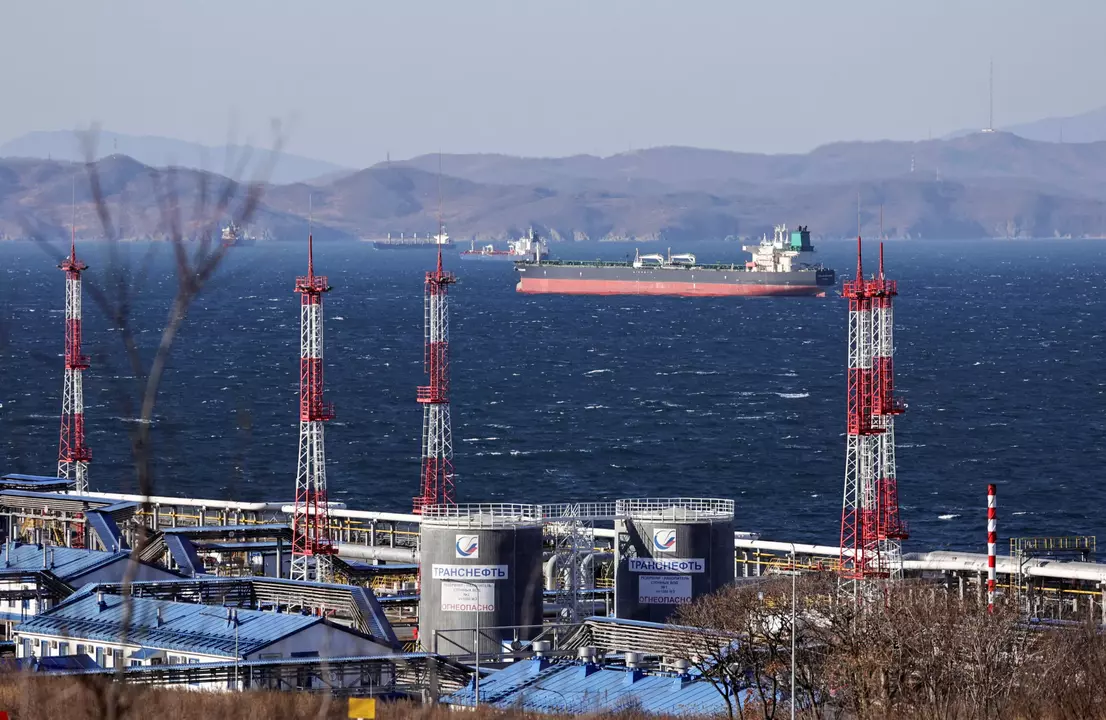Introduction
The maritime industry is witnessing a significant shift as oil tankers originally used for hauling oil from Russia’s western ports are being redeployed to the nation’s east. This change is a direct response to the sweeping US sanctions that have crippled a key crude route to China. This blog explores the impact of these sanctions on freight rates, the rerouting of tankers, and the opportunities it presents for
Freight Rates and Sanctions Impact
The US sanctions imposed on Russia’s oil industry have had a profound impact on freight rates. Specifically, freight rates to transport ESPO crude from the Russian port of Kozmino to China have more than tripled. This surge is due to the sanctions targeting insurers, traders, and approximately 70% of the ships that served Kozmino, putting ESPO exports of 900,000 barrels a day at risk.
Rerouting of Tankers
The rerouting of tankers is a strategic move by Russian suppliers to prioritize Far East routes. At least two tankers with Hong Kong-listed owners have started plying this route. Notable examples include:
- Jinjiang Experience: Loaded nearly 770,000 barrels from Kozmino on Jan. 18 and is expected to reach Tianjin in China’s north this week.
- Maini: Most recently loaded at Kozmino on Jan. 13 and discharged its cargo in Dongying in China’s eastern Shandong province.
- Bhilva: Appeared to be heading for Kozmino unladen, making a u-turn in the Indian Ocean and now sailing through the Malacca Strait.
Opportunities for Ship Operators
The sanctions have created opportunities for other ship operators. Tankers like the Jinjiang Experience, Maini, and Bhilva, owned by companies based in Hong Kong and the Seychelles, are now servicing the Kozmino route. This shift highlights the adaptability of the maritime industry in response to geopolitical changes.
Conclusion
The redeployment of oil tankers to Russia’s Far East routes is a clear indication of the maritime industry’s resilience and adaptability. As sanctions continue to shape the global oil trade, ship operators are finding new opportunities and routes to maintain the flow of ESPO crude to China. This dynamic underscores the critical role of the maritime sector in global energy supply chains.


Leave a Reply